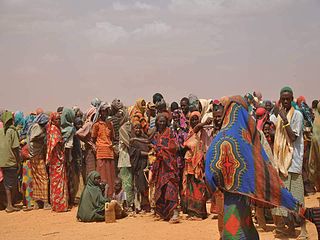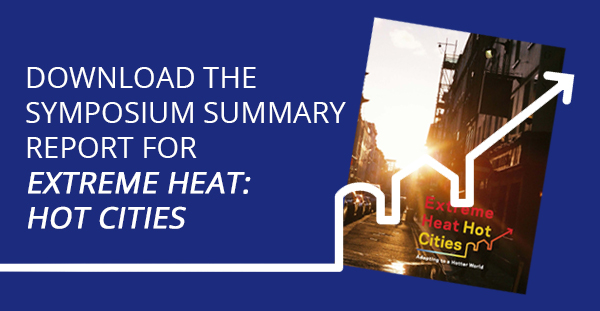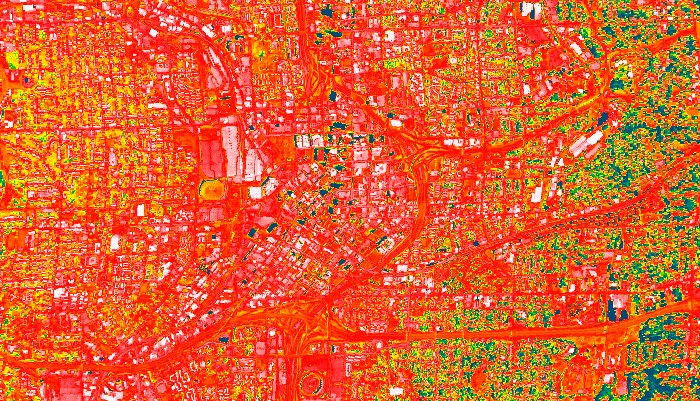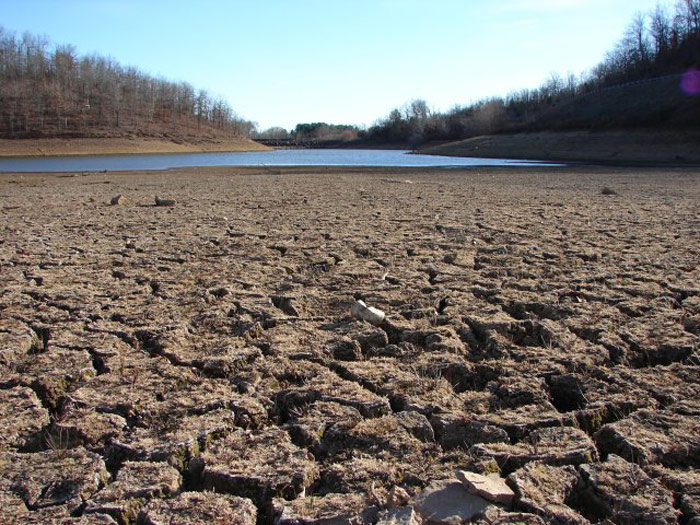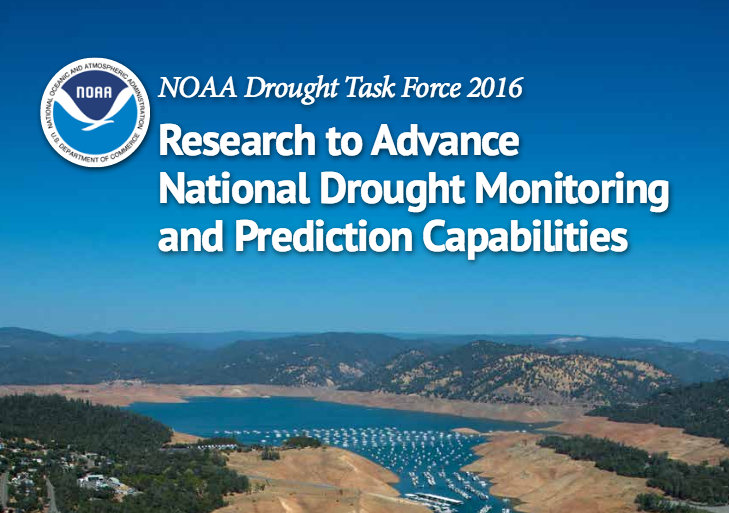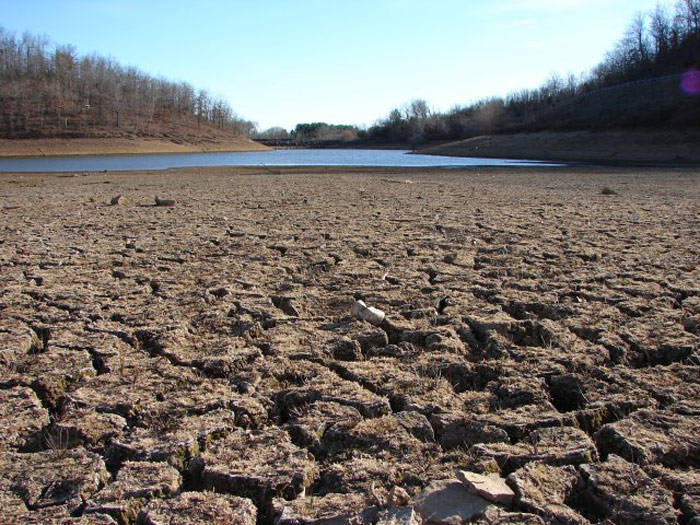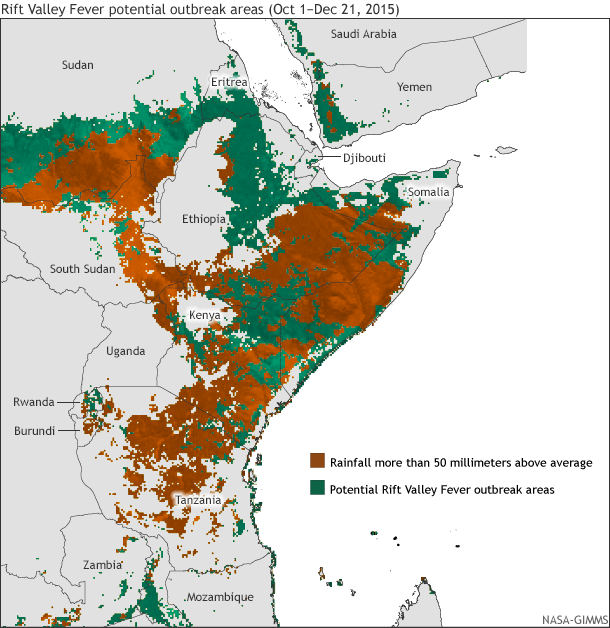Severe heat wave cripples parts of India, red alert in Delhi and 7 other states
As most of northern and central India reels under an intense heat wave, an orange alert was declared in New Delhi after the capital touched 47 degrees today.
Severe heat wave cripples parts of India, red alert in Delhi and 7 other states Read More »



